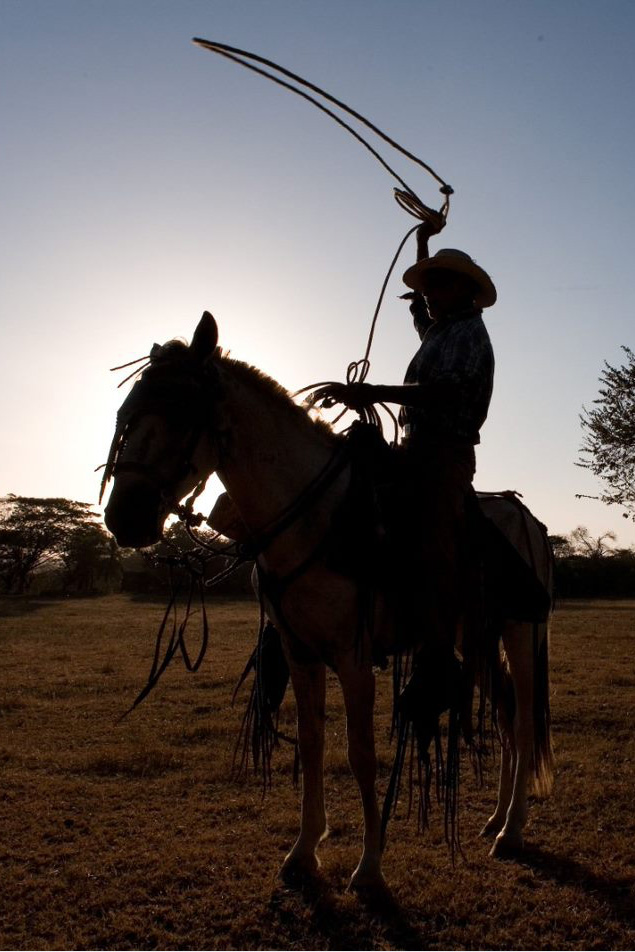The importance of bees and our commitment to them
The importance of bees and our commitment to them
Bees are one of the most distinctive insects in the world, instantly recognizable with their black and yellow coat. They are also incredibly important to our well-being as it is thanks to these tireless pollinators that humans can thrive.
Blue Zones Nicoya is a company highly committed to Guanacaste beekeepers and this past year we have started a traceability project where we give visibility to our consumers of the origin of the 100% pure raw honey that we pack.
We want our consumers to discover where honey comes from, why it varies in color year to year and of course what organoleptic characteristics it possesses, and to be able to enjoy each one of them with their individual characteristics.
The value of honey not only has to do with excellent flavor but is associated with the importance of the bees that produce it, in the pollination process and therefore for the maintenance of life on our planet.
Almost 90% of wild plants and 75% of the world’s major crops depend on animal pollination from bees. The biggest contribution of bees and other pollinators is the pollination of nearly three quarters of the plants that produce 90% of the world’s food. A third of the world’s food production depends on bees, which means that every third spoonful of food depends on pollination. So clearly, we owe bees for every delicious bite we take from fresh produce and ingredients.
These fuzzy striped insects and facing deadly threats that would affect us all. The population of bees is in a decline on a global scale due to habitat loss and the use of pesticides. Also, things like climate change, parasites, and diseases such as the varroa mite are draining the strength of the bees.
The mission of Blue Zones Nicoya goes beyond a high-quality honey, it is to help the region maintain its forests and create a healthy impact in its Guanacaste province: by creating a responsible and sustainable work chain with local beekeepers and helping our environment and region by promoting pollination and conservation. The Nicoya Peninsula is the last hope for Mesoamerican dry forests, it is the last forest of its kind that we will see in our lifetime. That is why the conservation of bees is of the utmost importance to help pollinate these magical forests that are full of life. It is for this sole reason that our honey comes from the forest and not from plantations. We seek quality, but we also seek to strengthen the life of our Costa Rican flora and fauna.

